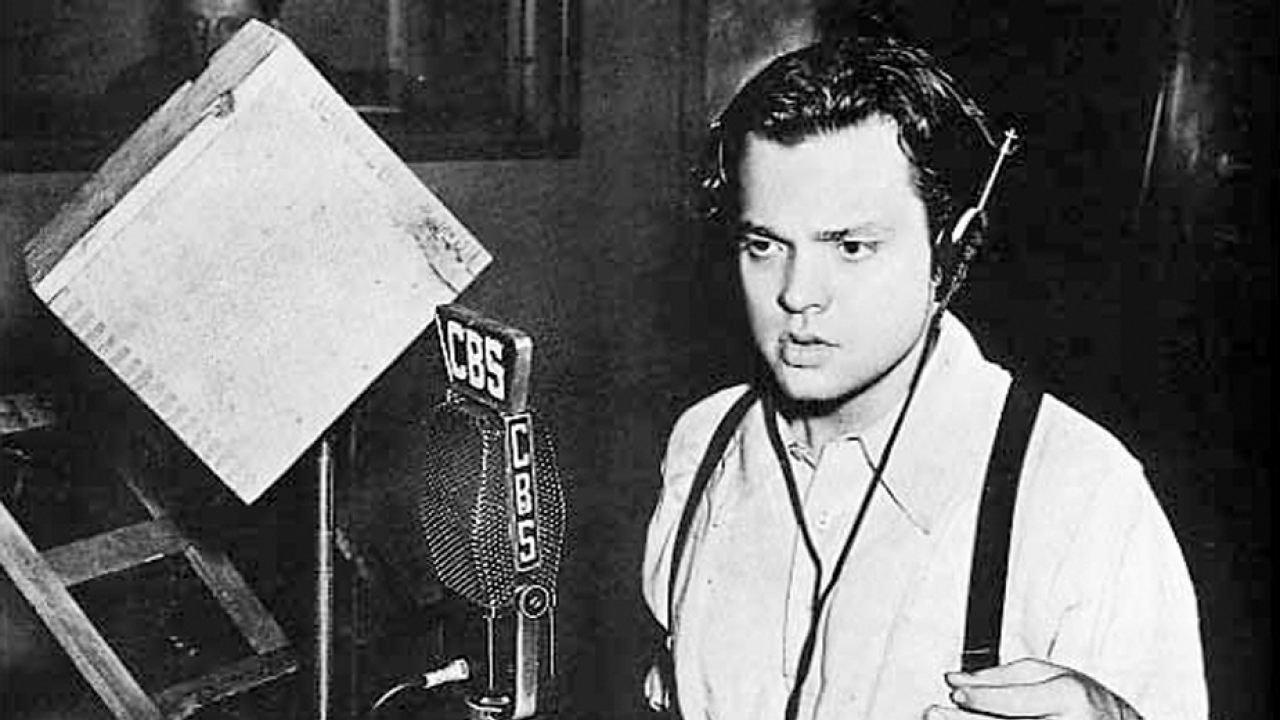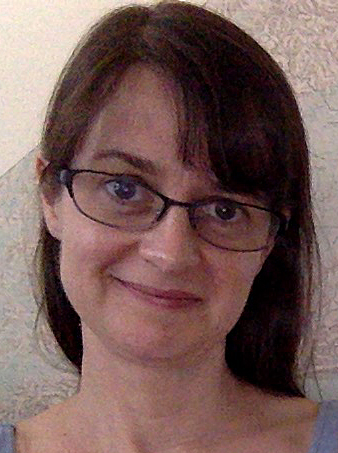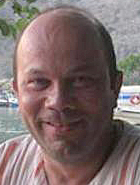
Faculty Receive NEH Grants for Sound Studies, Islamic History Projects
UC Davis College of Letters and Science faculty members have been awarded grants from the National Endowment for the Humanities for two projects: developing tools for analyzing radio plays, poetry readings, talking books and other sound recordings, and writing a history of six centuries of Islam.
These grants were announced by the NEH on Wednesday, Dec. 13:
- $75,000 to an international team co-led by Marit MacArthur, a lecturer in the University Writing Program and a research associate in the Department of Cinema and Digital Media
- $50,400 to Baki Tezcan, an associate professor in the Department of History
Sound Studies

MacArthur, who researches performative speech, is co-director of a project to develop open-source tools for scholars to mine new knowledge from archives of sound recordings, including Orson Welles' radio plays, the 75-year Talking Book collection for the blind and thousands of hours of poets reading their works from the Library of Congress and the University of Pennsylvania’s PennSound archive.
"We all have strong responses to people’s manner of speaking, to the qualities of their voices, from film and television actors, to radio and TV personalities, to politicians and poets," MacArthur said. "Yet speech perception is highly subjective, inflected by all sorts of biases, expectations and preferences. Why do we like the voices we like? What turns us off about others?
"A primary goal is to enable scholars across the humanities disciplines to study speech recordings in new ways, and to promote interdisciplinary collaboration in what I might call the empirical study of performative speech," she said.
"We humanists have tremendous cultural and historical knowledge and intuitions, for instance, about the evolution of performance styles and their reception in particular contexts. But the available linguistic tools and methods for analyzing speech recordings just aren’t made for us. They aren’t easy to use, and they aren’t adapted for the noisier and longer recordings we want to study. The tools our team has developed so far, which the project will refine and disseminate, should make this sort of scholarship much easier to do, and make the results more understandable to wider audiences."
The project—which MacArthur is co-directing with Neil Verma, an assistant professor of sounds studies in radio/TV/film at Northwestern University in Evanston, Illinois—involves a large team of scholars around the world as consultants, advisors and user-testers. Four team members are from UC Davis: Lee Miller, associate professor of neurobiology and the technical director for the Center for Mind and Brain; Lynette Hunter, professor of the history of rhetoric and performance; Cindy Shen, assistant professor of communication; and Owen Marshall, a postdoctoral fellow in Science and Technology Studies.
"Tools for Listening to Texts-in-Performance" was one of 13 "Digital Humanities Advancement Grants" nationwide to receive a total of $1.6 million in grants from the NEH this funding cycle.
Islam in the Ottoman Empire

With his yearlong grant, Tezcan, an expert on the histories of Ottoman politics and Islamic thought, hopes to finish writing his book, The Other Reformation: The Transformation of Islam in the Ottoman Empire, by mid-2019.
In his proposal to the NEH, Tezcan said the book will make the case that Islam went through a populist reformation much like Christianity did in the 16th and 17th centuries, discarding certain practices from medieval times and going back to scriptural sources to rationalize the faith.
“I argue that modernity was not thrusted upon Muslims by the sheer force of European colonialism but rather produced by [Muslims] … as a result of upward social mobility and the political transformation this mobility brought about by expanding the ruling class in the early modern era.”
The NEH funded just 8 percent of the fellowship proposals it received this cycle, Jon Parrish Peede, acting chair of the agency, said in notifying Tezcan of his yearlong award. He was one of 74 scholars nationwide to receive a total of $3.5 million in NEH fellowships for advanced research.
Tezcan said his proposal would not have succeeded without the help of UC Davis colleagues. He developed his proposal during leaves provided in winter 2016 by a faculty development award from Academic Affairs and, in spring 2016, by a fellowship from the UC Davis Humanities Institute and the support of the Department of History.
Tezcan is the author of The Second Ottoman Empire: Political and Social Transformation in the Early Modern World, and co-editor of other books on Ottoman studies.
About the NEH
 Created in 1965 as an independent federal agency, the National Endowment for the Humanities supports research and learning in history, literature, philosophy and other areas of the humanities by funding selected, peer-reviewed proposals from around the nation. Additional information about the National Endowment for the Humanities and its grant programs is available at: www.neh.gov.
Created in 1965 as an independent federal agency, the National Endowment for the Humanities supports research and learning in history, literature, philosophy and other areas of the humanities by funding selected, peer-reviewed proposals from around the nation. Additional information about the National Endowment for the Humanities and its grant programs is available at: www.neh.gov.
— By Kathleen Holder, content strategist in the UC Davis College of Letters and Science
